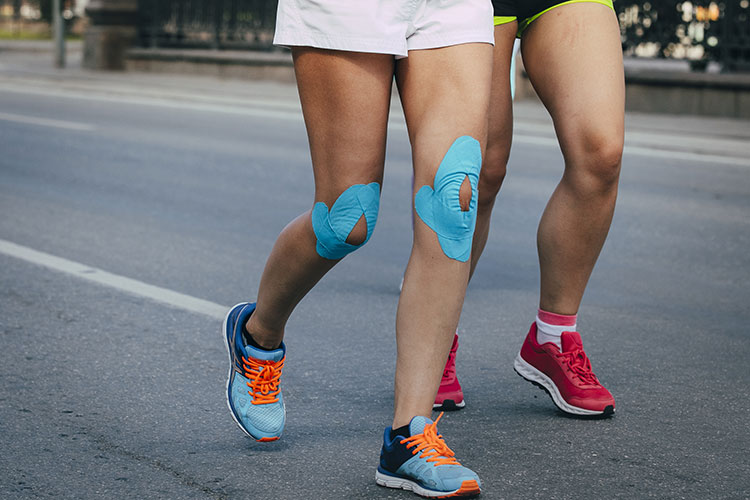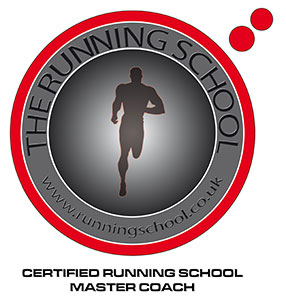Studies have shown ’50-60% of runners will sustain an injury that will require a change in the way they run or physiotherapy, most of these are preventable as they are due to poor running biomechanics’ (source Mike Antoniades, founder of The Running School). The risk of injury increases as volume and intensity increases. (Vleck & Garbutt, 1998)
The issue is that running is a high impact, repetitive activity which places a lot of stress on both the skeletal and muscular systems. But we all take for granted that we can and should be able to run. However, we may need to re-think this approach of ‘just going out and running’ when you consider:
- An average runner will take anything between 150-180 strides per minute, equaling 9000 strides per hour. If they run 4 times per week this equals 36,000 steps per week and a total of 144,000 steps per month!
- When we run we are putting 2-5 times our body weight through our foot, knee and hip. Novice runners are usually at the high end of the loading as they tend to have a slower cadence, spend longer on the ground and hit the ground harder as a result of poor technique, a lack of strength and fitness (source Mike Antoniades, founder of The Running School, 2014).
- A 75kg runner, could be generating forces between 150kg and 375kg with every step (144,000)- that is a lot of stress for the lower limbs to handle. That is a lot of stress for the lower limbs to handle!
Then if we consider that most of us have never:
- Learnt the skill of running- ‘we just run’
- Worked on activation of key running muscles
- Introduced a run specific strength programme
- Utilised run specific warm-ups and cool downs
Then it is no surprise that so many of us are getting injured running. If this sounds familiar, why don’t you join our next Running Technique Workshop (details adjacent or below)?
If you are:
- New to running
- Picking up niggles, aches and pains
- Preparing to increase your running volume
- Have a running event coming up
- Unable to achieve the performance your training deserves
Get your running assessed by a qualified running coach and see your running go from strength to strength. Here at JM Running clinic we offer a range of packages. Please feel free to contact us to discuss your individual running needs.
RUNNING TECHNIQUE WORKSHOP
One of the ways to get an insight into what we do is to book onto one of our Running Workshops
NEXT RUNNING WORKSHOP
Date: Saturday 07 November 2015
Venue: Llandysul Park
Duration: 2-hour practical workshop
Start Time: 09:00
Fee: £20

